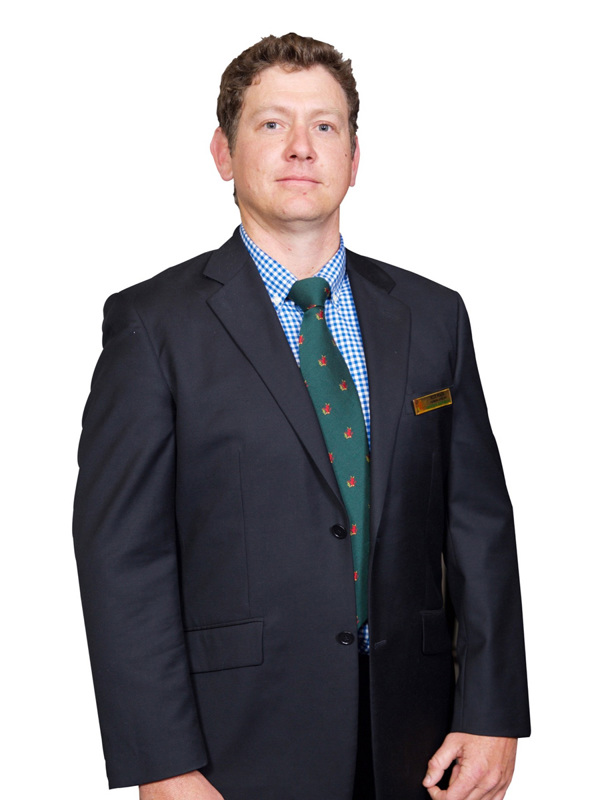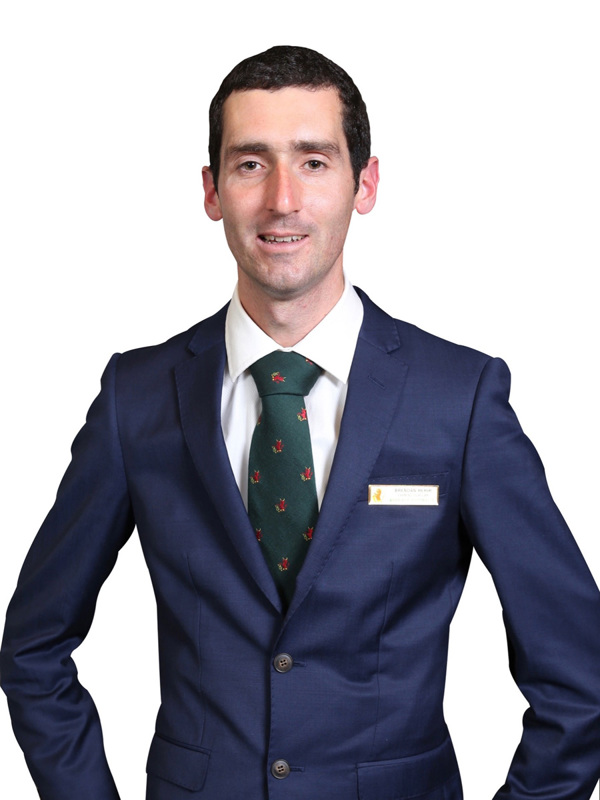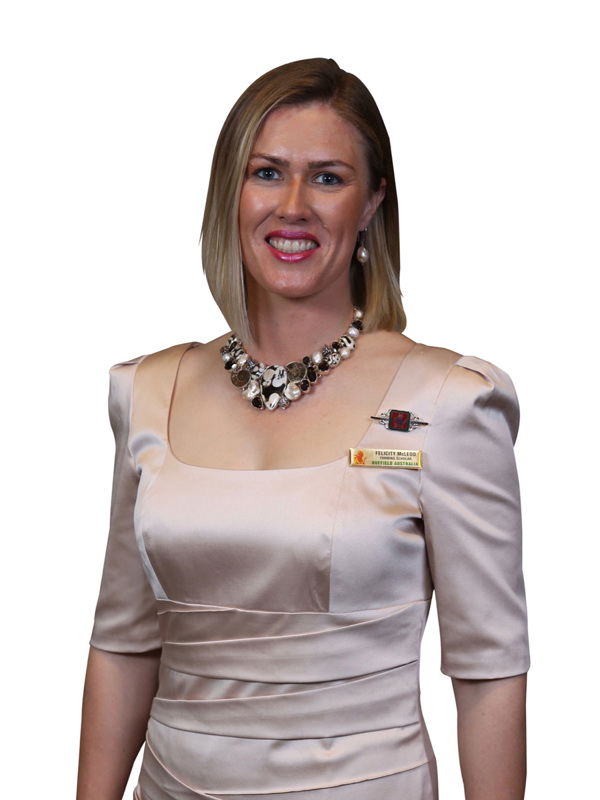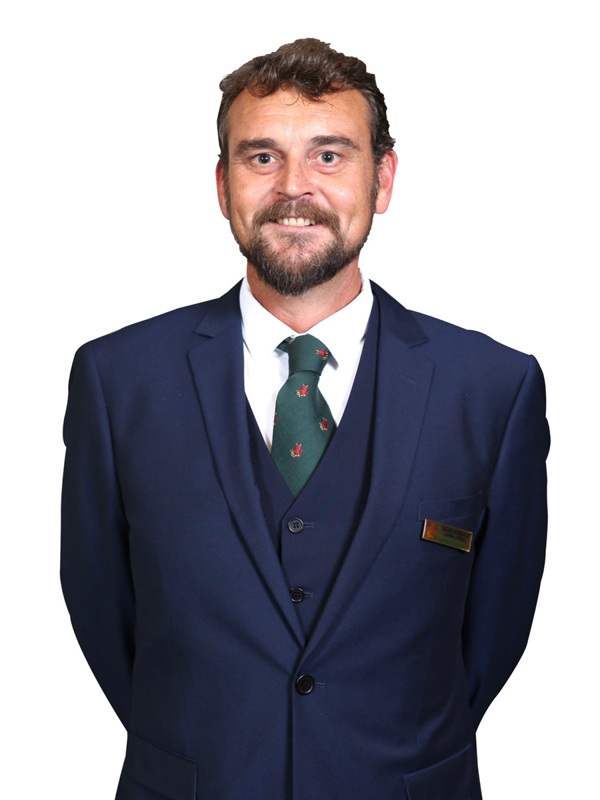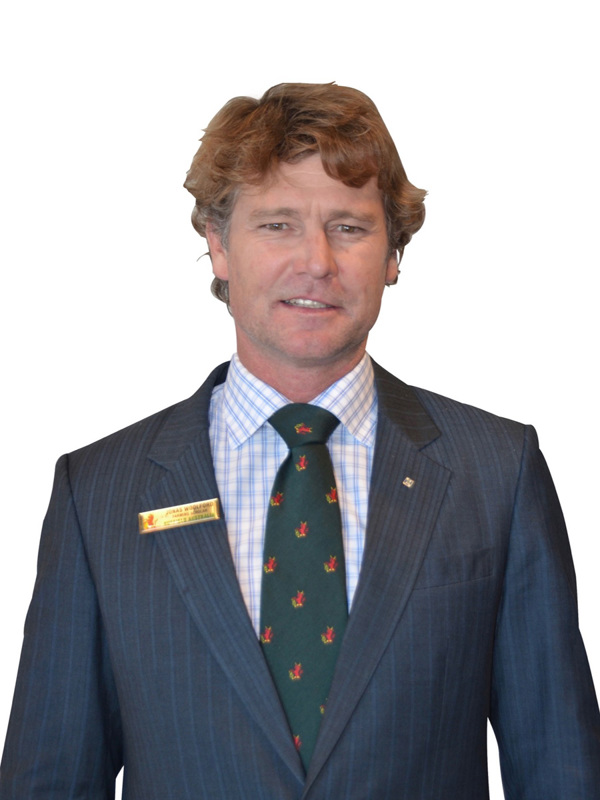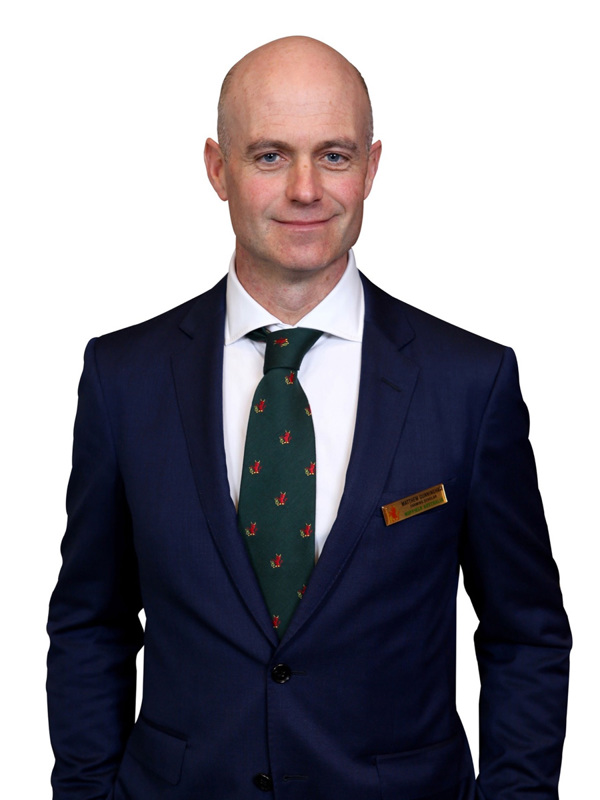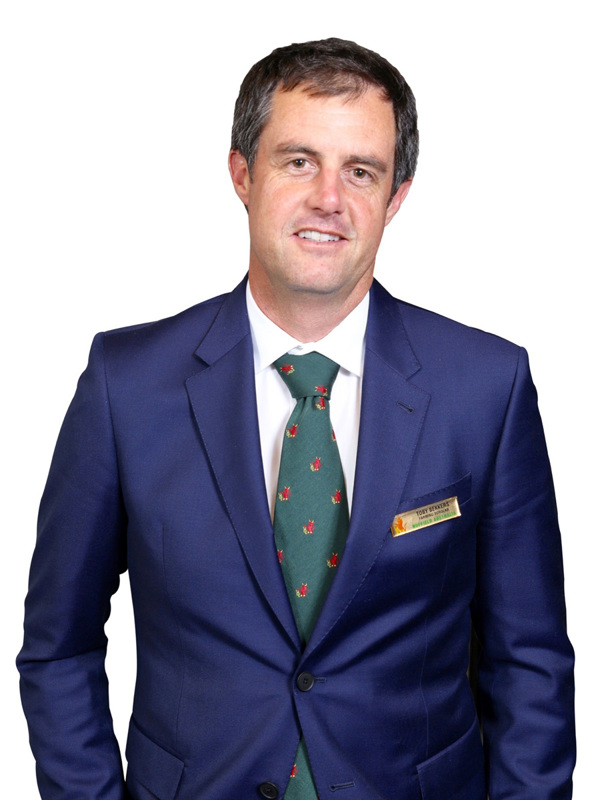
Matthew Fealy

Nuffield Australia 2017 Scholar
The time is now: Practical AgTech for the future of horticulture
Robots, automation and blockchain are promising to revolutionise farming forever, so understanding why farmers are only reading about these technologies, rather than implementing them, is at the heart of a new report by 2017 Nuffield Scholar and Queensland horticulturalist, Matt Fealy, who’s scholarship has been supported by Woolworths. Mr Fealy is the farm manager at Blue Sky Produce, a 153-acre family farm near Mareeba in Far North Queensland, that produces mangoes, avocados and Tahitian limes for Australian and international markets.
He was driven to investigate innovative labour-saving solutions when the infamous ‘Backpacker Tax’ was announced by the Australian Government in 2015. What he found was an endless list of technological solutions, aimlessly searching for a problem to be applied to, with very few examples of on-farm commercial application. Supported by Woolworths, Mr Fealy set out to find out why this gap between technological invention and on-farm application was occurring.
“Reluctant to add to the AgTech noise in the industry, I was determined to highlight technology that actually works and addresses real on-farm needs,” Mr Fealy said.
Drawing on visits to 13 countries and interviews with leading AgTech companies and innovative farmers, Mr Fealy’s research provides a practical break down of technology that can make a difference to farming practices, particularly horticulture and orchard production.
“My Nuffield Scholarship saw me travel through North and South America, Europe, Asia, the Middle East and the Netherlands. I’ve shared a coffee, a beer and a burrito with some of the most innovative farmers in the world, and their achievements provided a great insight into the technology we need to be aware of, and prepare for, if we want to progress our industry forward,” he said.
Mr Fealy’s research canvasses numerous risks to agriculture, such as the increasing unpopularity of temporary worker schemes, rising production costs, urbanisation and food safety and regulatory demands on traceability. It then explores currently available technology designed to address these challenges.
“I visited California’s Taylor Farms, the largest processor of ready-to-eat cut salad in the world. Employing over 10,000 people, it’s a business that is critically reliant on manual labour and recognises the catastrophic impacts a diminishing labour supply will cause. Current anti-immigration policy was resulting in significant issues for Taylor Farms securing enough labour to harvest their crops before spoilage occurred. The traditional harvest method, which required the manual cutting of lettuce by hand, was becoming unsustainable. This drove Taylor Farms to invest in mechanised harvesters, which use high pressure water jets to cut the lettuce at a precise level. This reduces dirt collection, leaves leafy tops in the field which returns organic matter to the soil, and requires fewer workers, all standing at a comfortable height or in some cases, even sitting down. This change is resulting in immeasurable cost savings, but more importantly, makes Taylor Farms a more attractive place to work for the shrinking labour pool.”
Mr Fealy also outlines a robust argument to the nay-sayers predicting the reduction of human jobs due to automation.
“AgTech has the potential to become a future pillar of rural economic development. As adoption of these technologies increase, so will the need for research and development, sales, service and support, which could result in the creation of new jobs for rural communities,” he said.
Acknowledging the orchard industry’s dependency on temporary workers, Mr Fealy researched the potential of robotic harvesting to tackle labour supply and cost issues, as well as quality issues.
“Fresh Fruit Robotics in Israel is developing a machine capable of picking 10,000 fruit per hour, or four fruit per second. This technology has the capability to replace 25 to 30 pickers,” he said.
Ultimately, Mr Fealy believes that horticulturalists need to imagine what their businesses will look like tomorrow without temporary workers, to increase their scrutiny on best practice and ensure that every new planting is ‘robot ready’.
“It will take brave innovators across all sectors of production, industry and government to lead change and assist in the adoption of these technologies sooner rather than later,” he said.
